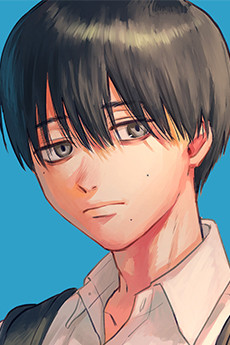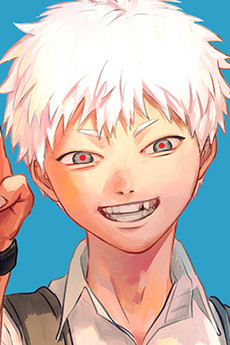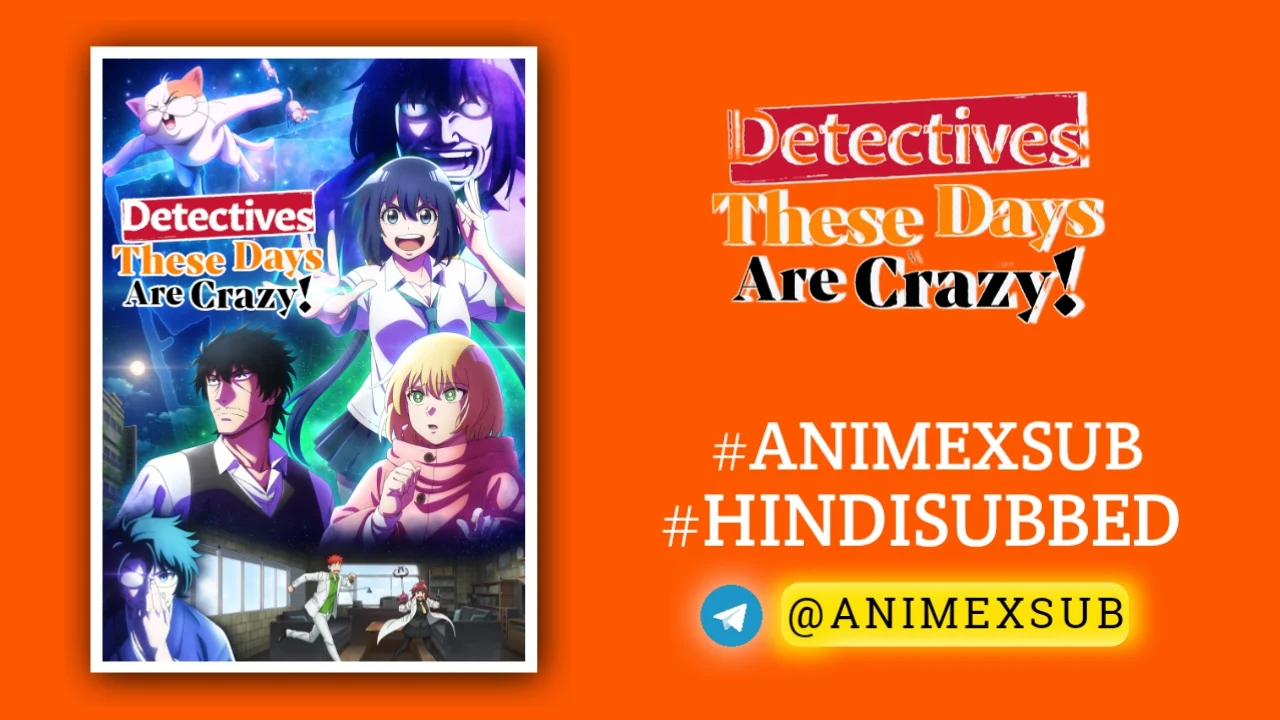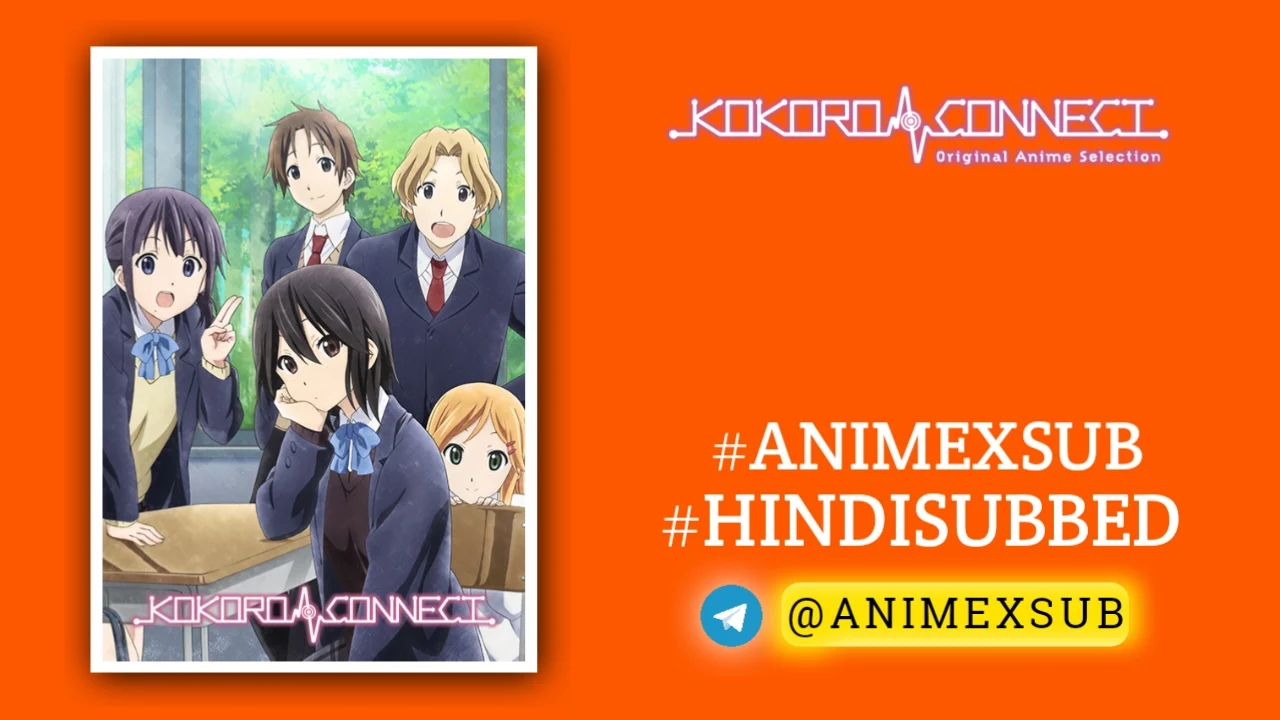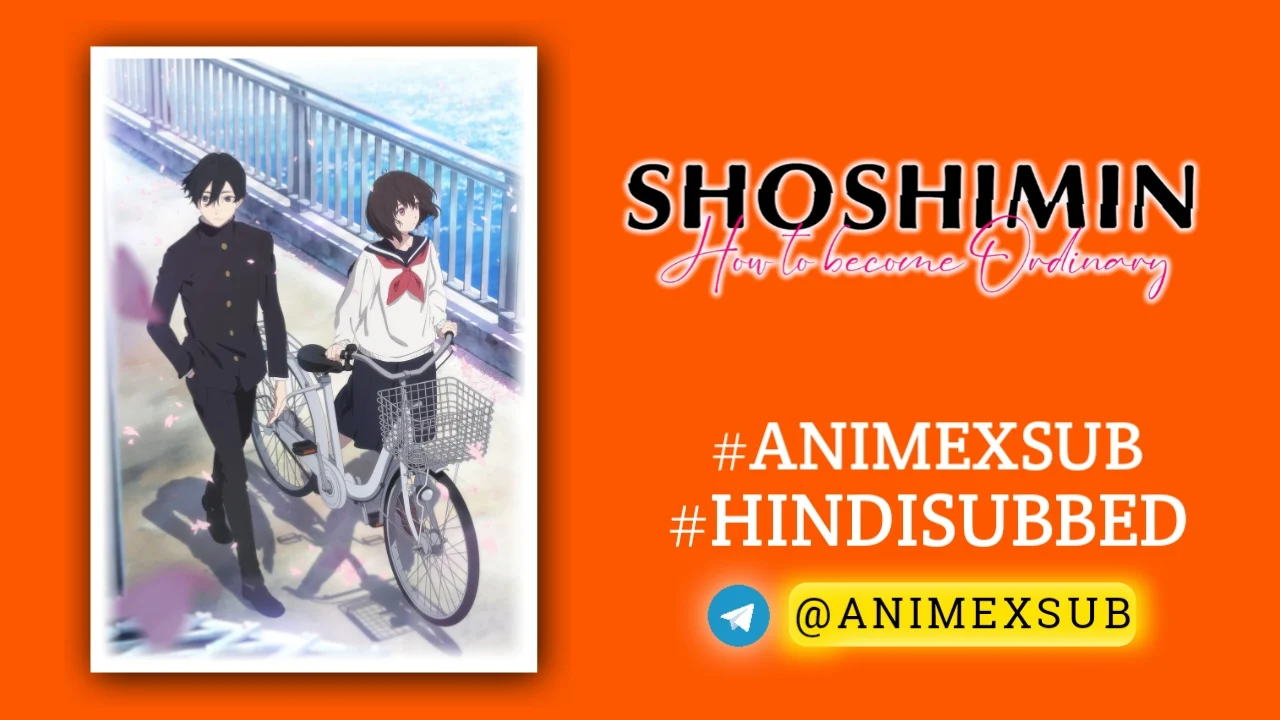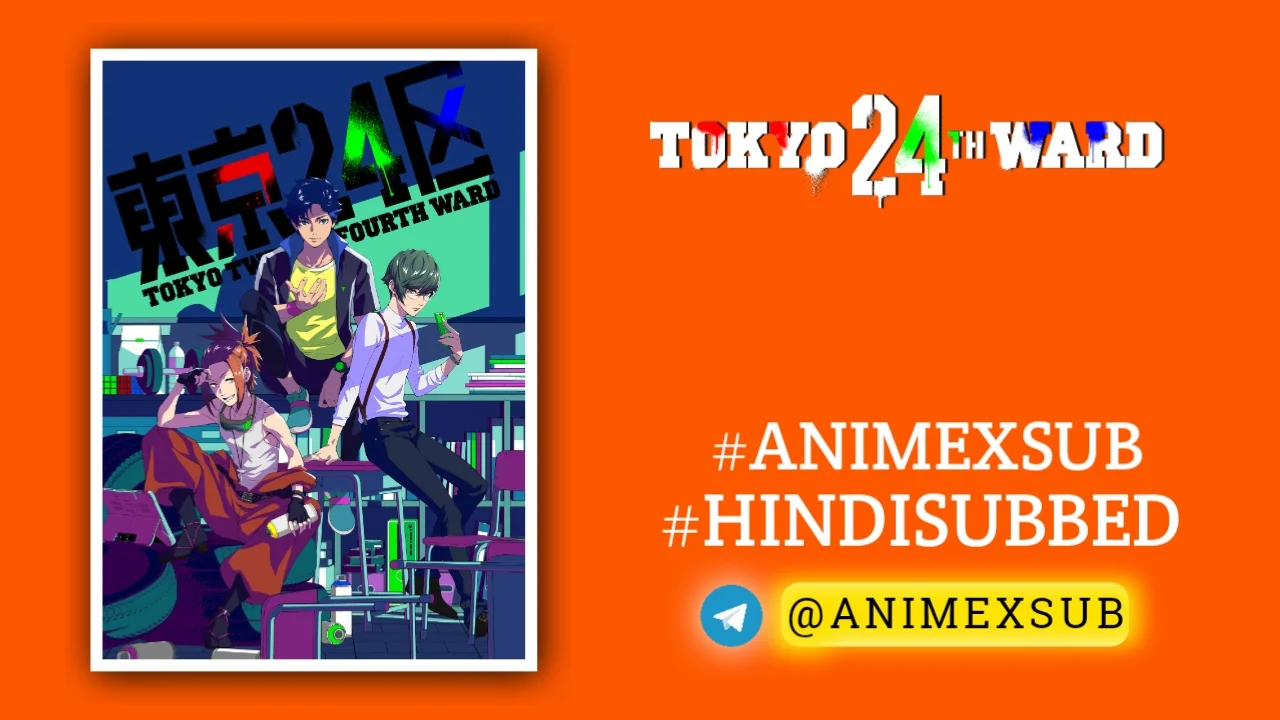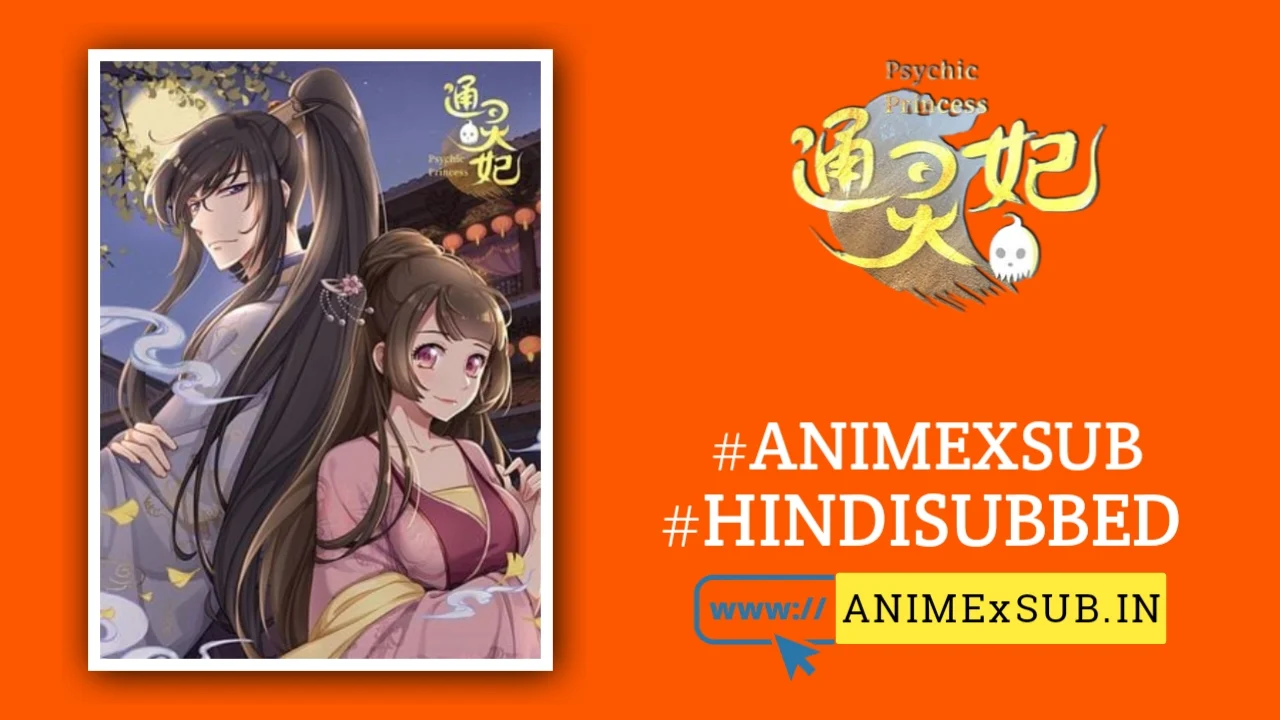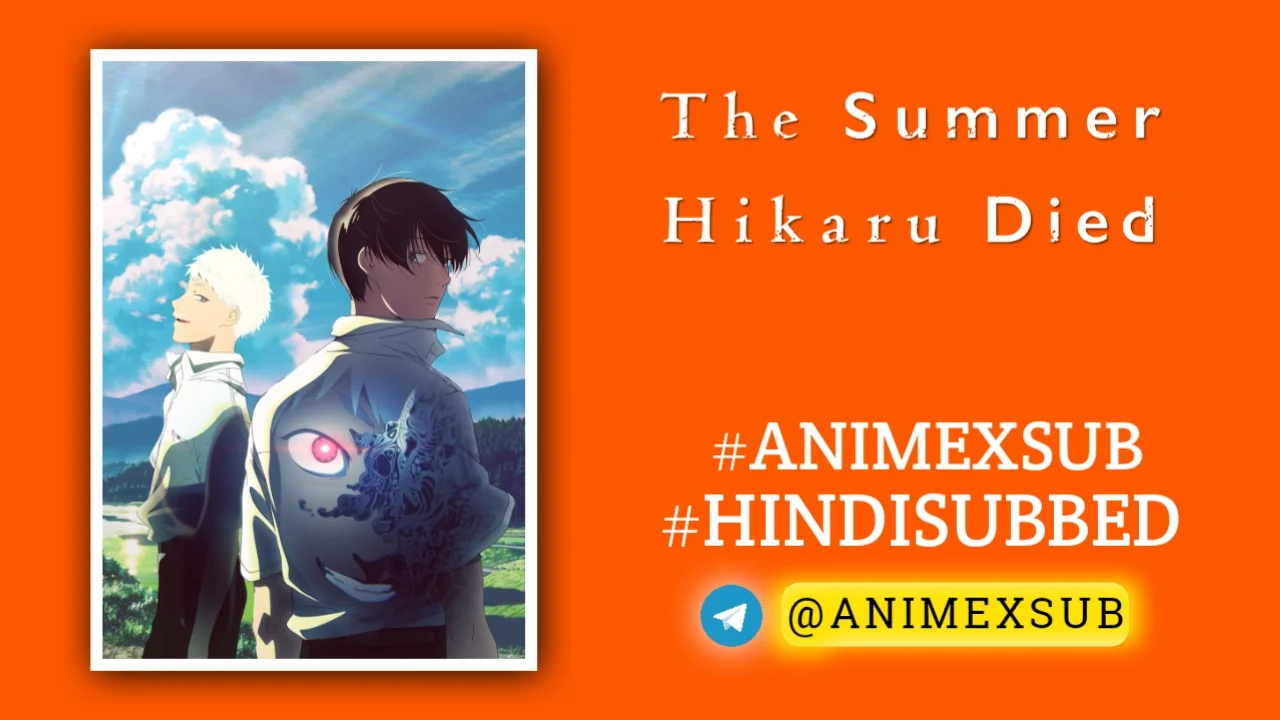
The Summer Hikaru Died Hindi Subbed [08/12] | Hikaru ga Shinda Natsu Hindi Sub

Hikaru ga Shinda Natsu
The Summer Hikaru DiedSynopsis
Two best friends living in a rural Japanese village: Yoshiki and Hikaru. Growing up together, they were inseparable… until the day Hikaru came back from the mountains, and was no longer himself. “Something” has taken over Hikaru’s body, memories, feelings… and everything they know begins to unravel. (Source: Netflix)
Watch Trailer
Characters
The Summer Hikaru Died Season 1: A Haunting Masterpiece of Grief and Supernatural Horror
The Summer Hikaru Died Season 1, an anime adaptation of Mokumokuren’s acclaimed manga, is a chilling yet deeply emotional exploration of grief, identity, and the uncanny. Premiering in July 2025 on Netflix, this 12-episode season, produced by CygamesPictures and directed by Ryōhei Takeshita, redefines psychological horror anime with its raw emotional depth and atmospheric storytelling. Below is a comprehensive, spoiler-light review that delves into what makes this series a standout, focusing on its unique narrative, artistry, and thematic resonance without promotional fluff.
A Narrative That Cuts to the Core
The story centers on Yoshiki Tsujinaka, a teenager in the fictional rural village of Kubitachi, Mie Prefecture, grappling with the return of his childhood friend Hikaru Indo after a week-long disappearance in the mountains. From the opening scene of Episode 1, “Replacement,” the series establishes an unsettling tone: Hikaru is back, but something is profoundly wrong. Yoshiki’s quiet realization that his friend is no longer human sets the stage for a narrative that intertwines supernatural horror with the ache of personal loss.
What sets The Summer Hikaru Died apart is its refusal to lean on conventional horror tropes like jump scares or gratuitous gore. Instead, it builds dread through existential questions: What does it mean to love someone who is no longer themselves? How do you mourn someone who stands before you, wearing a familiar face? The show explores these through Yoshiki’s internal conflict, as he clings to the entity inhabiting Hikaru’s body despite its alien nature. The entity, voiced with eerie sincerity by Shûichirô Umeda, retains Hikaru’s memories and personality, blurring the line between friend and imposter in a way that feels both intimate and horrifying.
The narrative also weaves in a broader supernatural mystery involving Kubitachi’s history and eldritch beings, with a shadowy organization hunting these entities adding tension. This subplot, introduced subtly in Episode 1, grows in complexity without overshadowing the emotional core of Yoshiki and Hikaru’s relationship. The pacing is deliberate—slow but never sluggish—allowing viewers to sit with the characters’ grief and unease. By Episode 6, the series introduces a pivotal moment at a summer festival that deepens the stakes, while Episode 12 leaves viewers with a haunting cliffhanger that begs for a second season.
Visuals and Sound: A Perfectly Unsettling Harmony
Visually, The Summer Hikaru Died is a triumph of atmosphere over flashiness. The animation, while not cutting-edge, captures the manga’s sparse yet evocative art style. Kubitachi’s rural setting—cramped houses, dense forests, and misty mountains—feels alive with the hum of cicadas and chirping birds, creating a nostalgic yet oppressive backdrop. The modernist, almost psychedelic horror sequences, particularly in scenes of supernatural violence, contrast sharply with the otherwise muted palette, amplifying their impact. Yoshiki’s sad eyes and Hikaru’s snaggle-toothed grin are rendered with subtle expressiveness, making their emotional beats hit harder.
The soundscape is equally compelling. The ambient summer sounds—rustling leaves, distant thunder—immerse viewers in Kubitachi’s world, while the haunting score by Ryōta Azuma underscores moments of dread and tenderness. Chiaki Kobayashi’s voice acting as Yoshiki is a standout, delivering a performance that captures the character’s quiet devastation and resolve. The interplay between Kobayashi and Umeda creates a dynamic that feels both familiar and alien, mirroring the story’s central tension.
Themes That Linger
At its heart, The Summer Hikaru Died is a meditation on grief, identity, and the human need for connection. Yoshiki’s struggle to accept the entity as Hikaru reflects the universal experience of clinging to memories of a loved one while confronting their absence. The series also subtly explores queer themes, as Mokumokuren intended, framing Yoshiki and Hikaru’s bond with a tenderness that transcends friendship without being explicitly romantic. This nuance adds layers to their relationship, making it relatable to a wide audience.
The show’s setting in a rural village steeped in supernatural lore grounds its themes in a cultural context that feels authentic. Mokumokuren’s use of Mie dialect and inspiration from their grandmother’s hometown lend a specificity that enhances the story’s intimacy. The series also touches on community dynamics, with village elders and mysterious figures like Tanaka hinting at a deeper history of human-supernatural coexistence.
Critical Reception and Impact
Critics and fans alike have lauded Season 1 for its emotional depth and atmospheric horror. It topped the 2023 Kono Manga ga Sugoi! list for male readers and earned nominations for the Eisner Award and American Manga Awards, reflecting its cultural impact. On X, viewers have praised its “beautifully crafted” exploration of queerness and grief, with one user noting how the series “nails its setting” like horror classics Higurashi or Shiki. However, some have critiqued the animation quality as slightly dated, though most agree it serves the story’s tone effectively.
Why It’s Next-Level
The Summer Hikaru Died Season 1 is a rare anime that balances psychological horror with profound emotional resonance. Its refusal to sensationalize its supernatural elements in favor of character-driven storytelling feels fresh in a genre often dominated by spectacle. The series asks uncomfortable questions about identity and loss, leaving viewers unsettled yet invested. Its ability to make every shadow and silence feel intentional sets it apart as a modern classic, comparable to Neon Genesis Evangelion in its existential weight.
For those seeking a horror anime that lingers in the mind and heart, The Summer Hikaru Died is unmissable. Stream it on Netflix and prepare to be haunted—not just by its monsters, but by its unflinching look at what it means to hold on and let go.1
